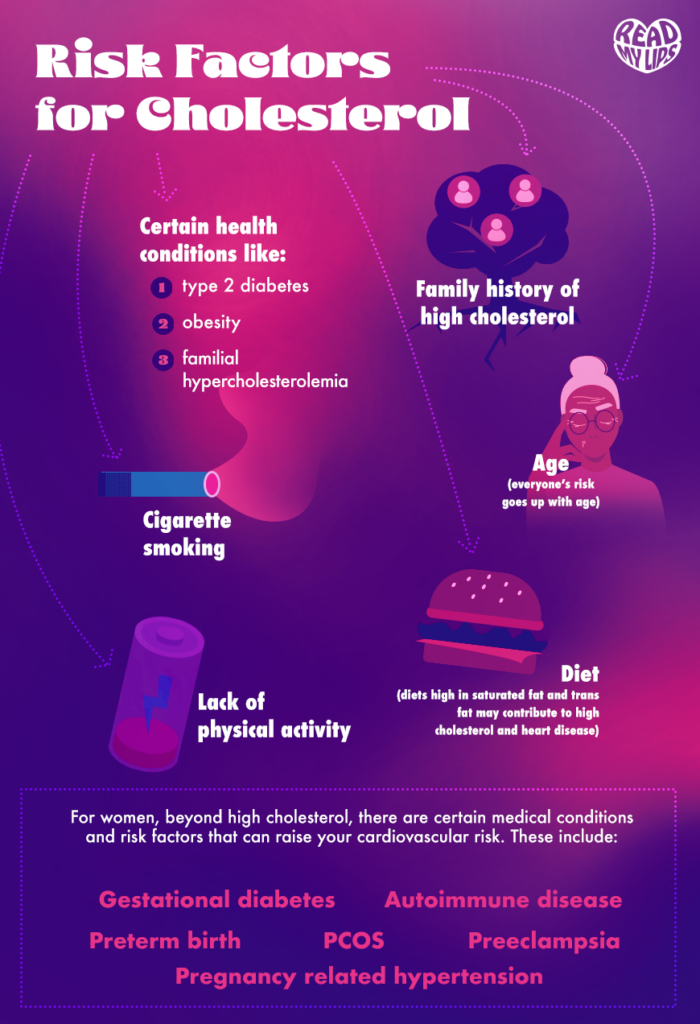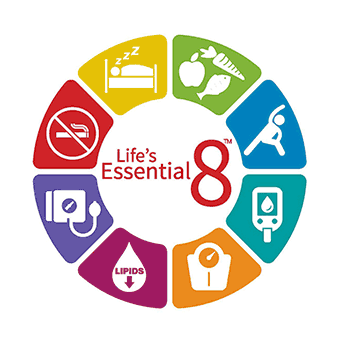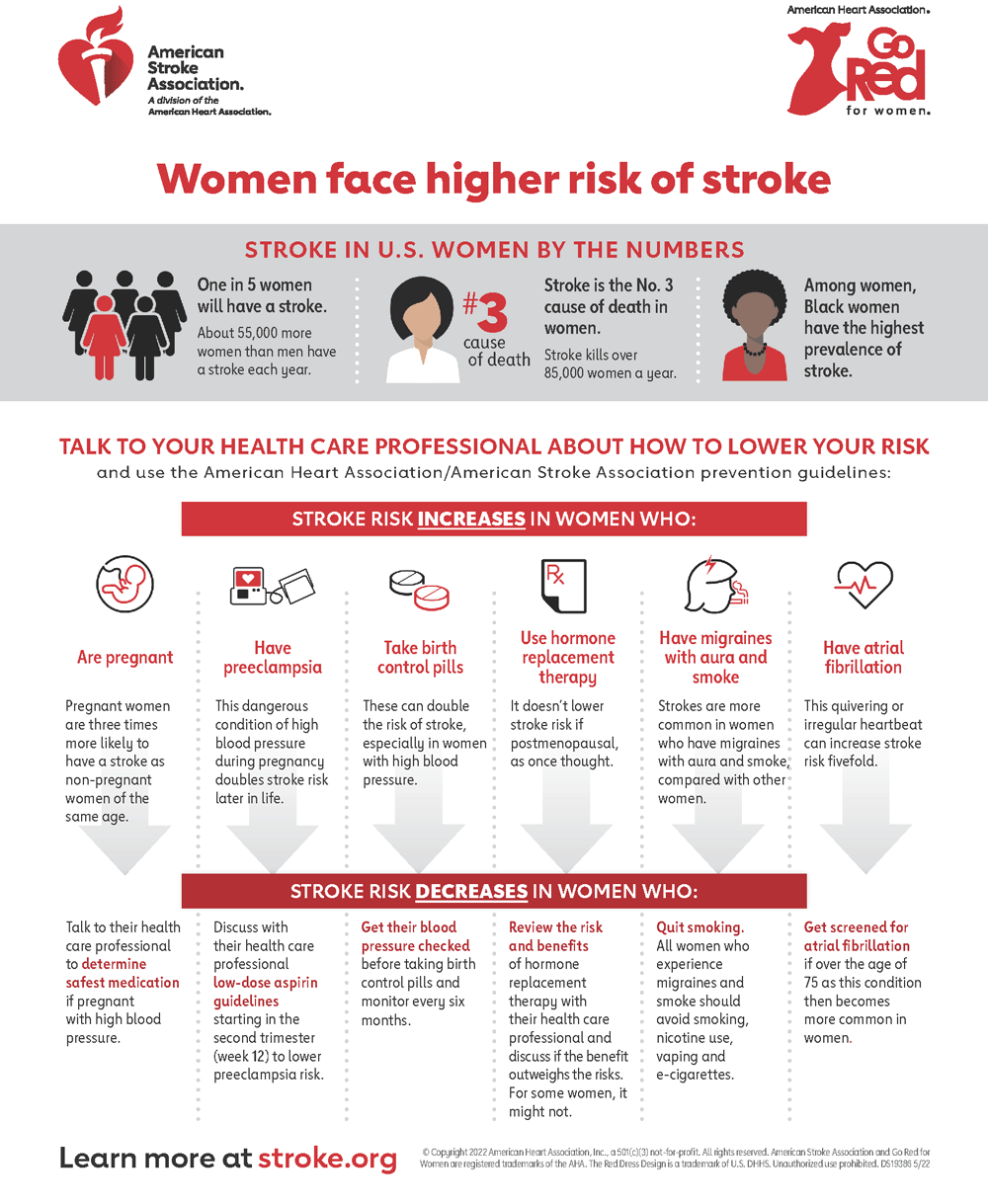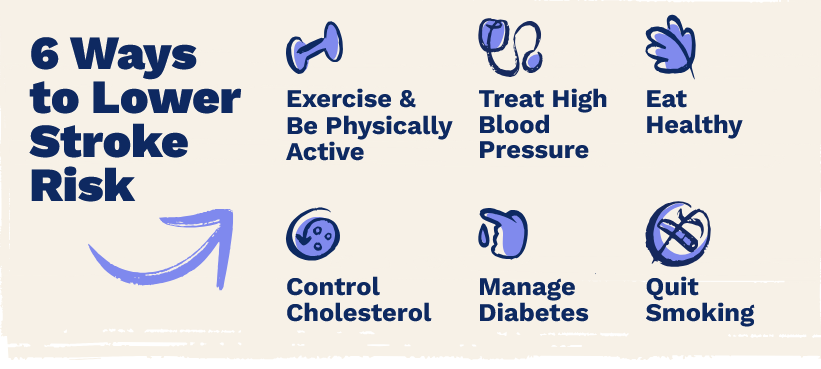“The best way to prevent stroke is by lowering your risk.
You’re at higher risk for stroke if you smoke,
have obesity or are physically inactive, or…”.1
Umbrella
What may the Stroke Prevention Umbrella include?
Depending on the Source (DotS) this Umbrella may include:
- Stroke Prevention
- Stroke Risk
- Stroke Risk Factor Management
Women and Stroke

In women, how common is stroke?
In Women and Stroke the American Stroke Association (ASA) note:
Prevention
Can stroke be prevented?
In Stroke: Prevention the (United States) National Institute of Neurological Disorders and Stroke (NINDS) explain:
Risk Factors
What are stroke risk factors?
In Stroke: Causes and Risk Factors – What Are the Risk Factors? the (United States) National Heart, Lung and Blood Institute (NHLBI) elaborate on:
Factors that you can control account for 82% to 90% of all strokes:
- High Blood Pressure
- Obesity
- Physical inactivity
- Poor diet
- Smoking”.4
Lifestyle Changes
What are some lifestyle changes to reduce risk factors?
In Stroke: Prevention – Risk Factors for Stroke the NINDS elaborate on:
- Managing your blood pressure, diabetes and cholesterol
- Taking care of your heart
- Eating well
- Quitting smoking
- Exercise and being active
- Avoiding drugs and alcohol”.5
High Blood Pressure
What is the association between high blood pressure (HBP) and stroke?
In Risk Factors Under Your Control: High Blood Pressure the ASA note:
Women
What unique risk factors for stroke do women have?
In Stroke: About Women and Stroke – Risk Factors the (United States) Centers for Disease Control and Prevention note:
- Having high blood pressure during pregnancy
- Using certain types of birth control medicines, especially if they also smoke. About 1 in 9 women smoke
- Having higher rates of depression”.7
Prevention
How may a stroke be prevented?
In Risk Factors Under Your Control the ASA elaborate on:
WISEWOMAN Program
What is the (United States) WISEWOMAN program?
In WISEWOMAN: About WISEWOMAN – Overview the (United States) Centers for Disease Control and Prevention (CDC) elaborate on:
WISEWOMAN Program Services
What services does the WISEWOMAN program provide?
In WISEWOMAN: WISEWOMAN Frequently Asked Questions (FAQs): What Services Does the WISEWOMAN Program Fund? the CDC explain:
Health Care Provider
What if I think I am at risk of stroke or I have a family history of cardiovascular disease (CVD)?
If you think you are at risk of stroke or you have a family history of CVD, it may be in your best interest to choose to talk to your health care provider about this.
On page seven in Prevention of Diseases After Menopause: Cardiovascular Diseases the authors note:
Health Topics A-Z
Where may I find Health Topics A-Z related to Stroke Prevention?
In Health Topics A-Z you may find:
Links
Where may I find Links related to Stroke Prevention?
Your Country may have Links similar to:
Links
This Links List to third party websites is neither comprehensive nor exhaustive. Inclusion on this Links List does not imply endorsement or recommendation. Non-inclusion on this Links List does not imply non-endorsement or non-recommendation. Third party websites are not under the control of Meno Martha International Menopause Directory. Third party websites may contain explicit medical images and/or sexual references. Please read Meno Martha International Menopause Directory’s Links Policy before proceeding to a Link. Please contact Webmaster if you experience a problem with a Link.New or Updated
- 2024 Guideline for the Primary Prevention of Stroke: A Guideline From the American Heart Association/American Stroke Association [21 October 2024]
- May Is American Stroke Month
- Mayo Clinic Minute: Preventing Stroke [05 May 205] [+ Video Courtesy: Mayo Clinic News Network]
- Mayo Clinic Q and A: 5 Things To Know About Stroke [17 February 2025]
- Stroke Awareness Month [United Kingdom]
- Webinars: Previous – Recommendations on Cardiovascular Risk Assessment [19 November 2024]
- 2024 Guideline for the Primary Prevention of Stroke: A Guideline From the American Heart Association/American Stroke Association
- 5 Critical Steps To Help Prevent A Stroke
- 7 Things You Can Do To Prevent A Stroke
- About Stroke
- Alcohol and Stroke
- Alcohol and Stroke: What Should I Know?
- American Stroke Association
- American Stroke Month
- Askearlymenopause.org [Ask EM] [+ Video: What Is Early Menopause?]
- Atherosclerosis and Stroke
- Atrial Fibrillation
- Atrial Fibrillation
- Brain Basics: Preventing Stroke
- Cardiovascular Disease
- Cardiovascular Diseases (CVDs)
- Carotid Artery Disease
- Cholesterol
- Consumer Video and Podcast Series: 2024 Consumer Videos and Podcasts – Preparing for Your Menopause Healthcare Visit
- Diabetes
- Dr. Sharonne Hayes | Know Your Numbers
- Eat A Healthy Diet
- Empoweredtoserve.org [EmPOWERED To Serve]
- February Is American Heart Month

- Getting Serious About Heart Health: Risk Factors for Cholesterol

- Goredforwomen.org [Go Red for Women, United States]
- Healthy Living
- Heart Disease: About Atrial Fibrillation
- High Blood Pressure
- High Blood Pressure
- High Blood Pressure and Stroke
- How High Blood Pressure Can Lead To Stroke
- How To Manage High Blood Pressure
- How To Prevent A Stroke – Bengali
- How To Prevent A Stroke – Gujarati
- How To Prevent A Stroke – Hindi
 How To Prevent A Stroke – Punjabi
How To Prevent A Stroke – Punjabi- How To Prevent A Stroke – Somali
- How To Prevent A Stroke – Urdu
- How To Reduce Your Risk of A Stroke
- Hypertension
- Know Your Numbers
- Know Your Risk
- Life’s Essential 8
- Lower Your Risk of Stroke
- May Is American Stroke Month
- Mayo Clinic Minute: Poor Sleep Can Be Linked To Stroke [+ Video Courtesy: Mayo Clinic News Network]
- Mayo Clinic Minute: Preventing Stroke [+ Video Courtesy: Mayo Clinic News Network]
- Menopause Preparedness Toolkit Video Series: Common Conditions Associated With Menopause and Midlife
- Millionhearts.hhs.gov
- Mindyourrisks.nih.gov [Mind Your Risks]
- National Center for Chronic Disease Prevention and Health Promotion (NCCDPHP): About the Division for Heart Disease and Stroke Prevention [Centers for Disease Control and Prevention, United States]
- National Center for Complementary and Integrative Health: Cardiovascular Disease
- National Center for Complementary and Integrative Health: Herbs At A Glance
- National Center for Complementary and Integrative Health: How Safe Is This Product or Practice?
- National Institute of Neurological Disorders and Stroke: All Disorders
- Non-Estrogen Treatments for Menopausal Symptoms
- Nonhormone Treatments for Hot Flashes and Night Sweats
- Obesity
- Prevent Stroke
- Prevention
- Quit Smoking, Vaping and Tobacco Use
- Risk Factors
- Risk Factors Under Your Control
- Risks for Heart Disease & Stroke
- Shake It or Skip It? Here’s Expert Advice on Salt
- Sickle Cell Disease
- Sleep, Food, Exercise, Stress: Why Working on One of These Can Improve the Others
- Stroke
- Stroke
- Stroke
- Stroke Association [United Kingdom]
- Stroke Prevention
- Stroke Resources In Spanish
- Stroke Risk Factors
- Stroke Risk Factors
- Stroke Risk Factors Not Within Your Control
- Stroke and Blood Clots
- Stroke – Multiply Languages
- Stroke: About Women and Stroke
- Stroke: Causes and Risk Factors [+ Video: Learn About Stroke Factors]
- Stroke: Preventing Stroke
- Stroke: Prevention
- Stroke: Risk Factors for Stroke
- Talk With Your Doctor About Taking Aspirin To Prevent Disease
- The Connection Between Menopause and Cardiovascular Disease Risks
- The Women’s Health Initiative Randomized Trials and Clinical Practice
- The Women’s Health Initiative Trials: Clinical Messages
- Understanding Blood Pressure Readings
- Videos & Podcasts: Videos – Interviews: Metabolic Syndrome in Midlife Women
- WISEWOMAN
- WISEWOMAN: WISEWOMAN Frequently Asked Questions (FAQs)
- Webinars: Previous – Hormones and Stroke: An Update on Treatment and Risk
- Webinars: Previous – Non-Hormonal Pharmacological Interventions For VMS
- Webinars: Previous – Non-Pharmacological Interventions For VMS
- What Can I Do To Reduce My Risk?
- What Is Cardiovascular Disease?
- Why Atrial Fibrillation Matters
- Women and Risk of Stroke Infographic

- Women and Stroke
- World Stroke Day [29 October]

Sources
Where may I find the Sources quoted?
You may find the Sources quoted at:
Sources
- Stroke: Prevention. National Institute of Neurological Disorders and Stroke https://www.ninds.nih.gov/health-information/stroke/prevention Accessed: 05 May 2025
- Women and Stroke. American Stroke Association https://www.stroke.org/en/about-stroke/stroke-risk-factors/women-have-a-higher-risk-of-stroke Accessed: 05 May 2025
- Stroke: Prevention. National Institute of Neurological Disorders and Stroke https://www.ninds.nih.gov/health-information/stroke/prevention Accessed: 05 May 2025
- Stroke: Causes and Risk Factors – What Are the Risk Factors? Last Updated on 26 May 2023. National Heart, Lung, and Blood Institute https://www.nhlbi.nih.gov/health/stroke/causes Accessed: 05 May 2025
- Stroke: Prevention – Risk Factors for Stroke. National Institute of Neurological Disorders and Stroke https://www.ninds.nih.gov/health-information/stroke/prevention Accessed: 05 May 2025
- Risk Factors Under Your Control: High Blood Pressure. Last Reviewed: 08 October 2023. American Stroke Association https://www.stroke.org/en/about-stroke/stroke-risk-factors/risk-factors-under-your-control Accessed: 05 May 2025
- Stroke: About Women and Stroke – Risk Factors. 15 May 2024. Centers for Disease Control and Prevention https://www.cdc.gov/stroke/about/women-and-stroke.html Accessed: 05 May 2025
- Risk Factors Under Your Control. Last Reviewed: 08 October 2023. American Stroke Association https://www.stroke.org/en/about-stroke/stroke-risk-factors/risk-factors-under-your-control Accessed: 05 May 2025
- WISEWOMAN: About WISEWOMAN – Overview. 15 May 2024. Centers for Disease Control and Prevention https://www.cdc.gov/wisewoman/php/about/index.html Accessed: 05 May 2025
- WISEWOMAN: WISEWOMAN Frequently Asked Questions (FAQs) – What Services Does the WISEWOMAN Program Fun? 15 May 2024. Centers for Disease Control and Prevention https://www.cdc.gov/wisewoman/php/faqs/ Accessed: 05 May 2025
- Lobo, R. A., Davis, S. R., De Villiers, T. J., Gompel, A., Henderson, V. W., Hodis, H. N., Lumsden, M. A., Mack, W. J., Shapiro, S. and Baber, R. J. Prevention of Diseases After Menopause: Cardiovascular Diseases. 2014:7 https://www.imsociety.org/wp-content/uploads/2020/07/wmd-2014-white-pages-english.pdf Accessed: 05 May 2025









